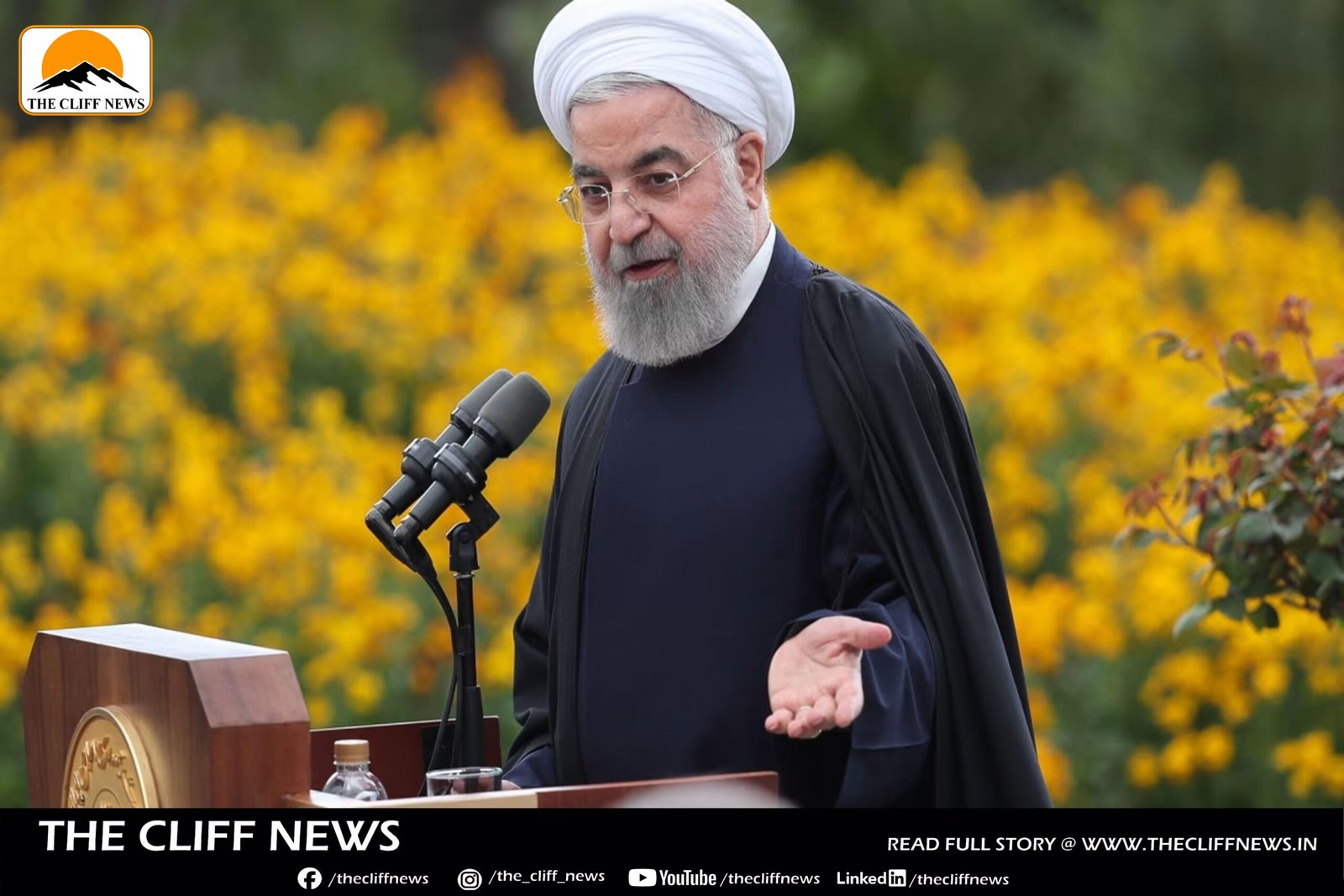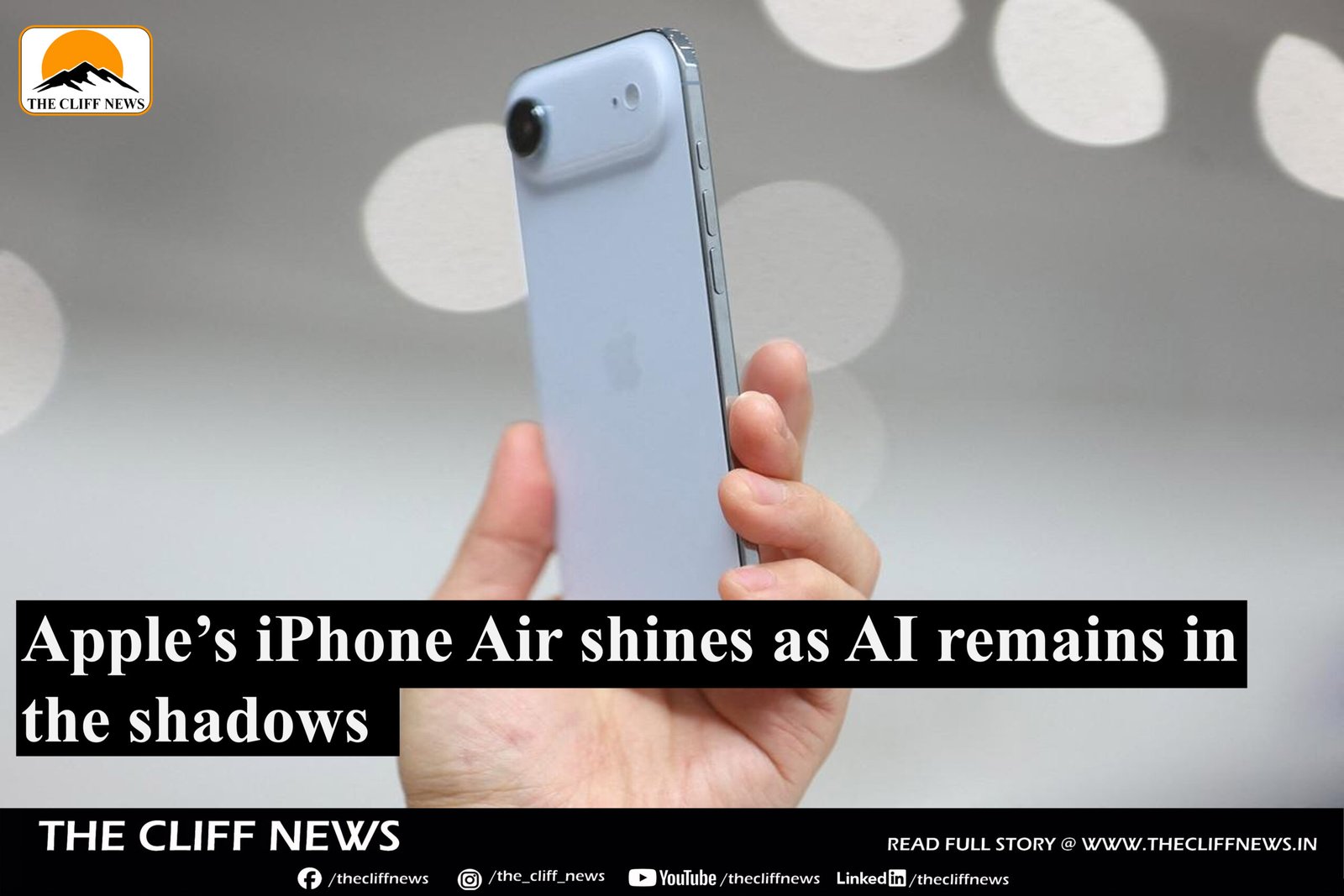The Trump administration is quietly exploring a range of proposals aimed at bringing Iran back to the negotiating table, according to a report citing four sources familiar with the matter. Among the potential incentives being considered are easing economic sanctions, releasing billions in frozen Iranian assets, and backing a multi-billion-dollar investment in Iran’s civilian nuclear energy programme—all contingent on one central demand: zero uranium enrichment by Tehran.
Backdoor Diplomacy Amid Tensions
Despite ongoing military escalations between Israel and Iran, the U.S. has continued backchannel diplomatic efforts with Tehran. Talks have gained momentum following a fragile ceasefire brokered by President Donald Trump earlier this week.
The proposal under discussion includes:
- $20–30 billion investment in non-enrichment nuclear infrastructure for civilian energy use.
- Sanctions relief to ease Iran’s economic burden.
- Access to $6 billion in Iranian assets frozen abroad.
One idea involves transforming Iran’s Fordow nuclear site—recently targeted by U.S. bunker-buster bombs—into a non-enriching civilian facility, possibly funded by U.S.-allied Gulf nations. However, it remains uncertain whether Iran would be willing to operate the site under such terms.
Firm Stance on Enrichment
A U.S. official told CNN that while the Trump administration is willing to lead the negotiations, “someone else will have to fund the program,” underscoring Washington’s unwillingness to financially underwrite Iran’s nuclear infrastructure.
Steve Witkoff, U.S. Special Envoy to the Middle East, reiterated this stance in an interview with CNBC, saying the U.S. is pursuing a “comprehensive peace agreement”. He indicated that any future Iranian nuclear programme must be modelled after the United Arab Emirates’ civil nuclear plan, which prohibits uranium enrichment.
“Now the issue and the conversation with Iran is going to be: How do we rebuild a better civil nuclear programme for you that is non-enrichable?” Witkoff said.
Uncertainty from Trump, Push from Aides
President Trump, while confirming the possibility of talks next week, struck an ambivalent tone.
“I don’t care if I have an agreement or not,” he said from the NATO summit.
Still, some of his aides view a long-term deal with Iran as essential to maintaining regional stability and ensuring the current ceasefire holds.
Role of Intermediaries and Ceasefire Context
CNN reports that Qatar, a key mediator in brokering the Israel-Iran ceasefire, will continue facilitating talks between the U.S. and Iran. Before recent Israeli airstrikes, five rounds of U.S.-Iran backchannel talks had been held, with a sixth in Oman postponed due to escalations.
U.S. intermediaries had reportedly informed Iran in advance that American military action would be limited in scope, but reiterated that the zero-enrichment condition is non-negotiable.
“We may sign an agreement, I don’t know,” Trump added. “I could get a statement that they’re not going to go nuclear… we’re probably going to ask for that.”
Conclusion
While the Trump administration remains divided internally on the urgency and scope of an Iran deal, the carrot-and-stick strategy—offering financial incentives and civilian nuclear development in exchange for complete denuclearization—is actively being tested. The coming days could reveal whether this gambit brings Iran back to the table—or whether long-standing distrust and rigid red lines keep diplomacy at a standstill.



